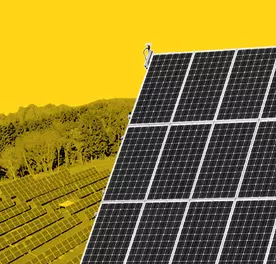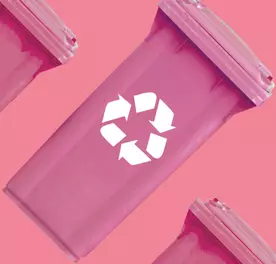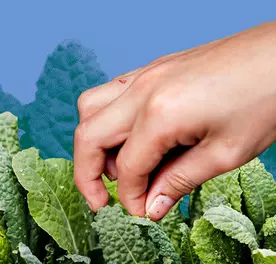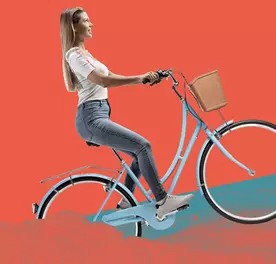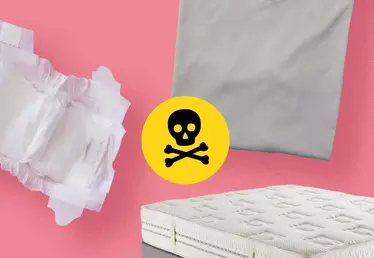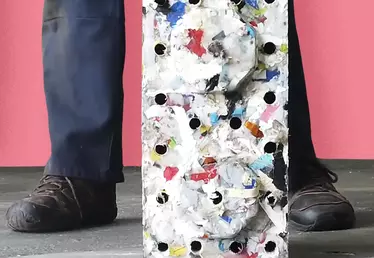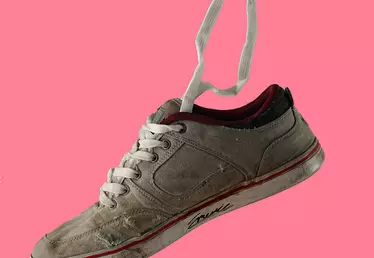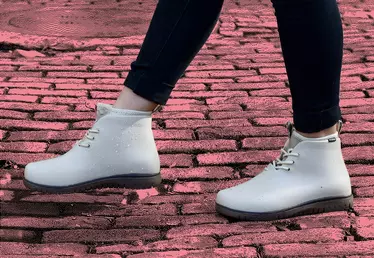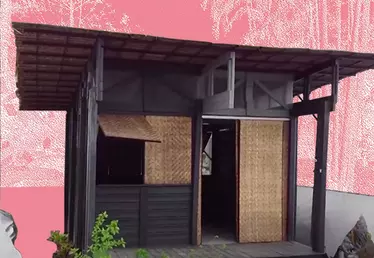
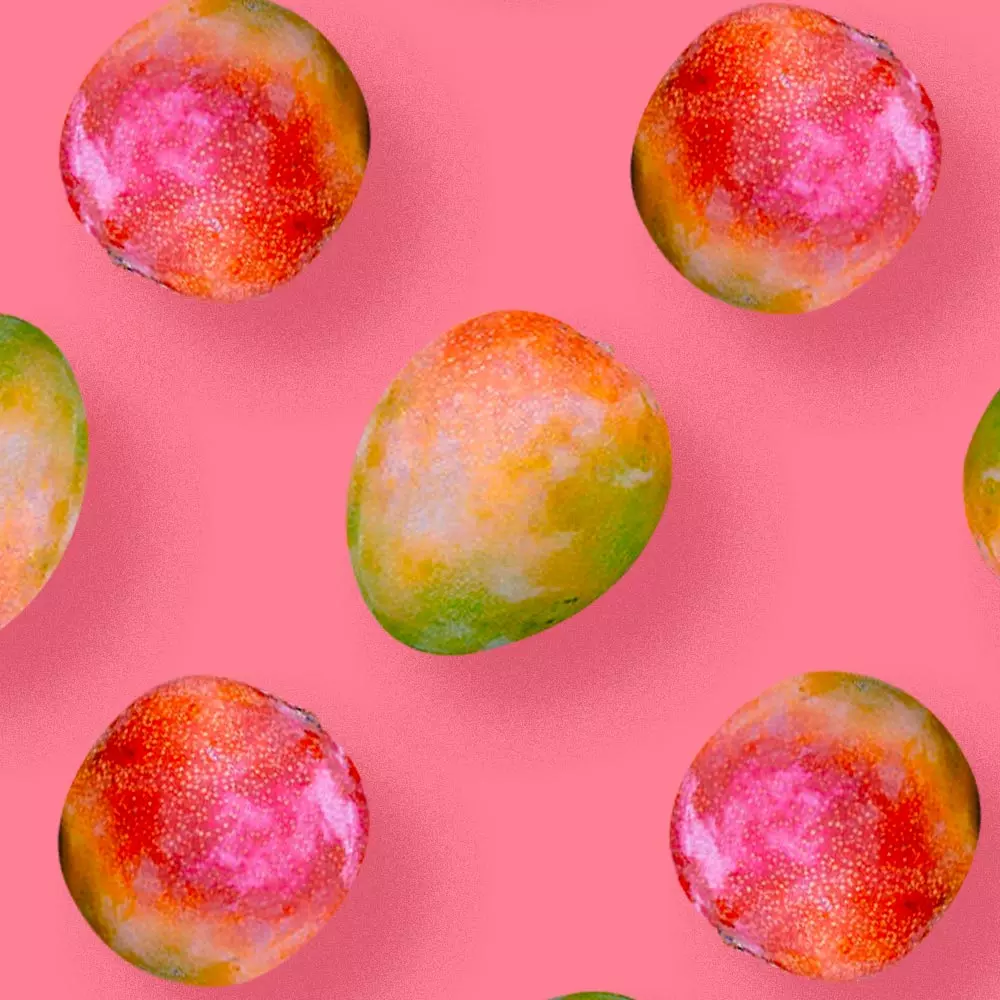
Hero banner custom title
In Rotterdam unsold fruit becomes fake leather
3 min
To fight food waste and mitigate the environmental impact of the leather industry, the two founders of Fruitleather Rotterdam turn unsold fruit into vegan leather.
The Dutch company Fruitleather Rotterdam was created by Koen Meerkerk and Hugo de Boon, two young graduate designers from the Willem de Kooning Academy in Rotterdam. Driven by the desire to create value from things deemed unusable and solve problems by taking a design-based approach, the duo works on circular economy principles.
The first problem identified by Koen and Hugo? Food waste, which they could see for themselves at the Rotterdam market held several times a week on Binnenrotte square. Their answer: to recover unsold fruit to make a durable material with the appearance of leather - strong enough to be used for shoes, leather goods and furniture.
And there is no shortage of raw materials since a third of food for human consumption is wasted. Fruit and vegetables top the list.
According to Fruitleather Rotterdam, 45% of all fruit grown globally is discarded between the field and the plate (in addition, fruit and vegetables represent 24% of the food thrown out by households and small businesses).
There are several reasons for this waste, including the fact that a large amount of the fruit and vegetables (the "ugly" ones) that don’t meet size and shape criteria is discarded by farmers and distributors and doesn’t even get as far as the supermarket shelves.
Side by side with all this wasted food are the ethical and environmental issues of producing animal leather. According to PETA and other animal rights groups, annually one billion animals are slaughtered worldwide for their skin. Raising these animals contributes to deforestation and the leather manufacturing process is not only extremely polluting but also consumes a lot of resources.
A mango handbag
Tackling food waste and reducing the environmental impact of animal leather manufacturing, Fruitleather Rotterdam is developing an eco-friendly manufacturing process for "fruit leather" using unsold food collected from Dutch distributors. The fruits are deseeded and mashed before being boiled to eliminate bacteria and prevent rotting. The fruit soup is then spread on a surface for drying. This produces sheet of material that can be easily worked, cut, sewn, printed and covered with a coating resembling real leather.
Koen Meerkerk and Hugo de Boon joined the BlueCity circular startup incubator in Rotterdam, where they are working on improve their material so it’s strong enough to be used in the fashion and furniture industries. One of the first objects made with fruit leather was a lovely mango handbag!

